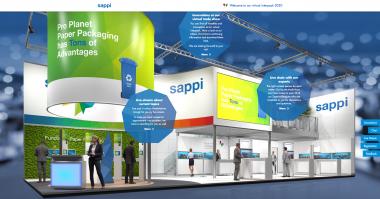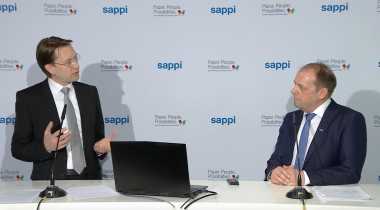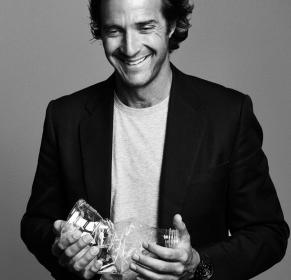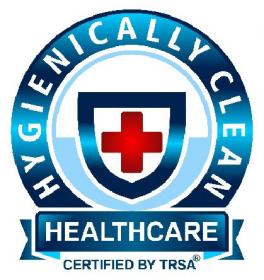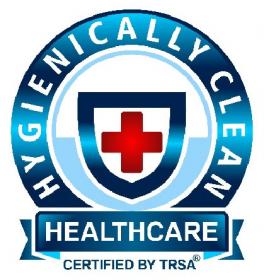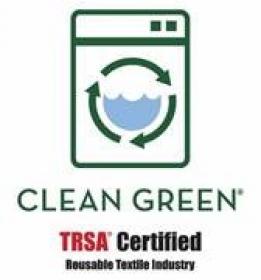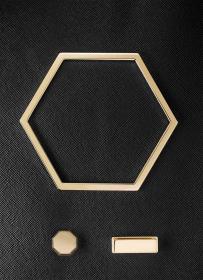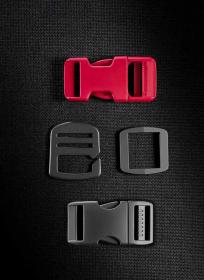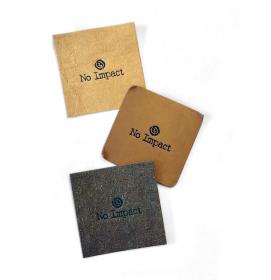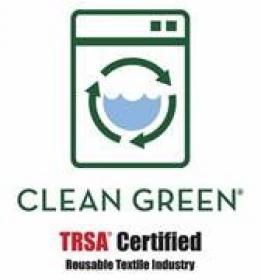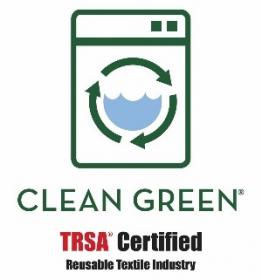New Nonwoven Development Center at Hof University goes on line in cooperation with Lenzing
On Thursday, September 24, the Lenzing Group, a leading manufacturer of wood-based cellulose specialty fibers, and Hof University opened a new Nonwoven Development Center (VEZ). As a strategic partner, Lenzing has access to a state-of-the-art development line at the campus in Münchberg with immediate effect. This offers new opportunities for sustainable fiber and nonwoven innovations for a wide range of applications including hygiene, body care and medical.
In line with the sCore TEN corporate strategy, the Lenzing Group is focusing on sustainable innovations, which are agreed in an optimum manner to the needs of the value chain. „We offer our customers and partners a decisive competitive advantage: agility. The pilot plant in the VEZ allows the resource-efficient development of fiber and nonwoven innovations on a small scale”, Jürgen Eizinger, Vice President Business Unit Nonwovens at Lenzing, explains.
The VEZ was completed according to schedule in September 2020, after Lenzing and the University of Hof signed a cooperation agreement for its use in 2019. The timing is perfect. Developments at political level, such as the directive (EU) 2019/904 of the European Parliament and of the Council of 5 June 2019 on the reduction of the impact of certain plastic products on the environment, increase demand for responsibly manufactured nonwovens. The so-called Single-Use Plastics Directive aims at building awareness and greater transparency with regard to wet wipes and feminine hygiene products.
With its VEOCEL™ branded wood-based cellulose fibers, Lenzing has been laying the foundation for many years for sustainable nonwoven applications and will test and develop innovative ideas using the new possibilities offered by the VEZ. „We are noticing increasing interest in sustainable concepts from biodegradable cellulose fibers“, Jürgen Eizinger sums up the market development of the last months and adds: „We are aware that the fibers used have an enormous influence on the final product. For this reason our commitment goes beyond fiber production.“
With the spunlace pilot plant at the VEZ, Lenzing will support customers and partners more intensively in the development of new nonwoven applications and at the same time promote cooperation in the field of marketing. In the previous year, the company already established new certification standards for the VEOCEL™ brand. Since then certified manufacturers can only use the VEOCEL™ logo with blends of biodegradable cellulose fibers. With this measure, the VEOCEL™ brand allows consumers to make a more conscious product selection.
With its #ItsInOurHands environmental initiative, the VEOCEL™ brand also actively contributes to creating awareness. More detailed information can be obtained on itsinourhands.com.
Lenzing Group









